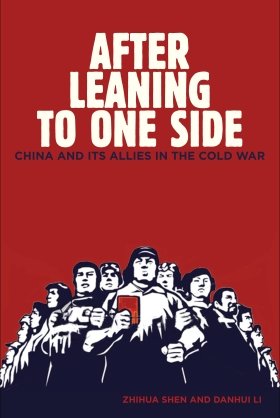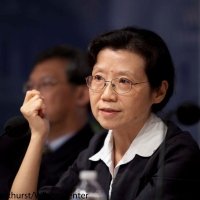After Leaning to One Side: China and Its Allies in the Cold War


Related Event
-
After Leaning to One Side traces the rise and fall of the Sino-Soviet alliance between 1949 and 1973, emphasizing tension over the Korean and Vietnam wars. Underscoring the theme of inherent conflict within the communist movement, this book shows that while that movement was an international campaign with an imposing theory and an impressive party structure, it was also a collection of sovereign states with disparate national interests. This book explains how this dissonance was further complicated by the unequal development of the Chinese and Soviet states and their communist parties, and traces some of China’s actions to Mao’s grasping at leadership of the communist movement after the death of Stalin.
Zhihua Shen is Professor of History at East China Normal University in Shanghai and directs the Center for Cold War International History Studies. He is the author of more than ten books. Danhui Li, research fellow at the Center for Cold War International History Studies and the Institute of Contemporary China Studies, Chinese Academy of Social Sciences, is editor-in-chief of Cold War International History Studies.
Authors
 Shen ZhihuaPublic Policy Scholar;
Shen ZhihuaPublic Policy Scholar;
Director, Center for Cold War International History Studies, East China Normal University (ECNU), Shanghai, China Danhui LiProfessor of History, East China Normal University
Danhui LiProfessor of History, East China Normal UniversityCold War International History Project
The Cold War International History Project supports the full and prompt release of historical materials by governments on all sides of the Cold War. Read more
Browse Insights & AnalysisExplore More
Browse Insights & Analysis



